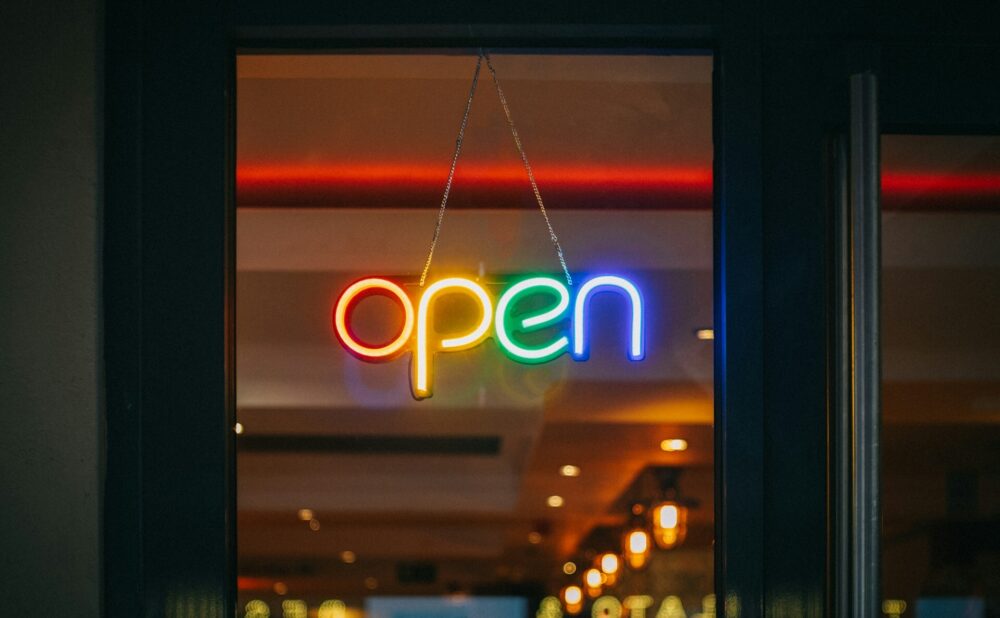
Our application platform is open again for new submissions! We’re excited to receive proposals about critical infrastructure technologies! Over the past weeks and months, the Sovereign Tech Fund has taken the time to review and iterate the process, requirements, and criteria. This blog post explains the changes and updates.
In the spirit of being an organization that continuously learns, iterates, and adapts, we’ve reviewed and revised our criteria and application process over the past few months. With this approach, we analyze our previous assumptions and our reasoning, and incorporate what we’ve learned and the feedback we’ve gotten.
As part of our transition to an independent organization and the associated changes, the Sovereign Tech Fund had temporarily paused the application platform last year, which is now open again. During this period, we continued to invest in and support projects already selected, while also changing and updating our application process and criteria through a series of internal workshops.
The main changes are:
- Updates to the criteria that we utilize when reviewing applications
- Lower minimum investment amount
- External experts as part of the process
- An adjustment to our timeline
Updated Criteria
Incoming applications are screened to check that they meet our basic requirements (formerly known as "formal criteria"), which remain overall the same, except for the minimum amount (see below).
All applications that pass this first screening are then reviewed, using the following criteria:
- Prevalence: A technology is prevalent when it is widely used for or within other technologies.
- Relevance: A technology is relevant if it is significant for one or more important societal sectors, e.g., education, health care, energy sector, industry.
- Vulnerability: A technology is vulnerable if important work – to maintain the quality of the project or to enhance it – is not (sufficiently) funded by other actors or cannot be completed for other structural reasons.
- Public Interest: Benefits for society or critical sectors of society (e.g., education, health care, energy, industry) by funding the technology.
- Activities: We evaluate the work that is planned in the proposal, e.g., upon the feasibility and overall impact.
- Expertise: The applicants, their organization, or community demonstrate that they have the necessary knowledge, insight, and technological skills to do the proposed work. They are either a recognized part of the community around the technology, or they have the endorsement of that community or the maintainer.
You can learn more about the criteria and our guiding questions.
Minimum Amount
Previously, the minimum amount for contracts was €150,000. Based on feedback that we received, we have lowered this amount to €50,000 per contract. We understand that this is a better match for maintainers who might not be in a position to take up the equivalent of a full-time engagement to work on an open source component.
External Experts
In light of our organizational spin-out, we also revisited our selection process to include additional expertise from the broader open source ecosystem. While our process remains mostly the same, we now also consult with a pool of external experts and practitioners to bring in these additional perspectives. You can learn more about our experts on our about page.
Response Time & Timeline
While we previously communicated a response time of 6-8 weeks, we have now decided to extend that period and provide more clarity on the overall timeline.
- We have adapted the response time to 10 weeks, which allows for a diligent review, also during times of an increased amount of applications. For some projects, the response time will be shorter, depending on overall amount of applications to be reviewed.
- We’ve clarified that this initial response will include information whether your application is moving forward or not, it is not the awarding of a contract.
- We understand that the expected timeline until a potential contract start date is equally important. Based on previous cycles, we now estimate 6 months as a realistic timeline between proposal submission and contract start date. This allows for sufficient diligence in the process and capacity planning on the part of the projects.
We believe these updates will help to streamline and clarify the application process. If you have additional questions, please have a look at our FAQs, and contact us at info@sovereigntechfund.de. We look forward to receiving your applications.


